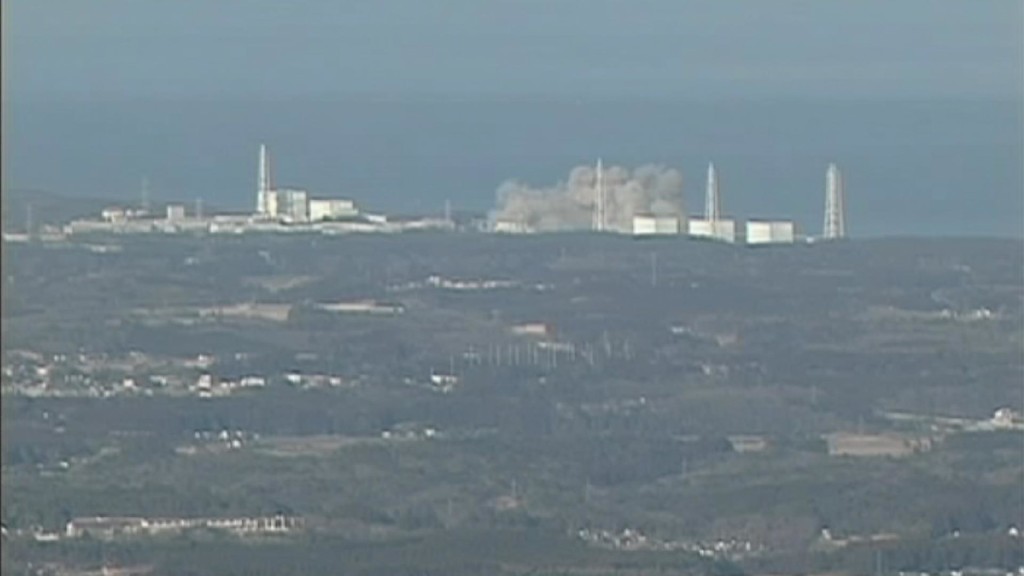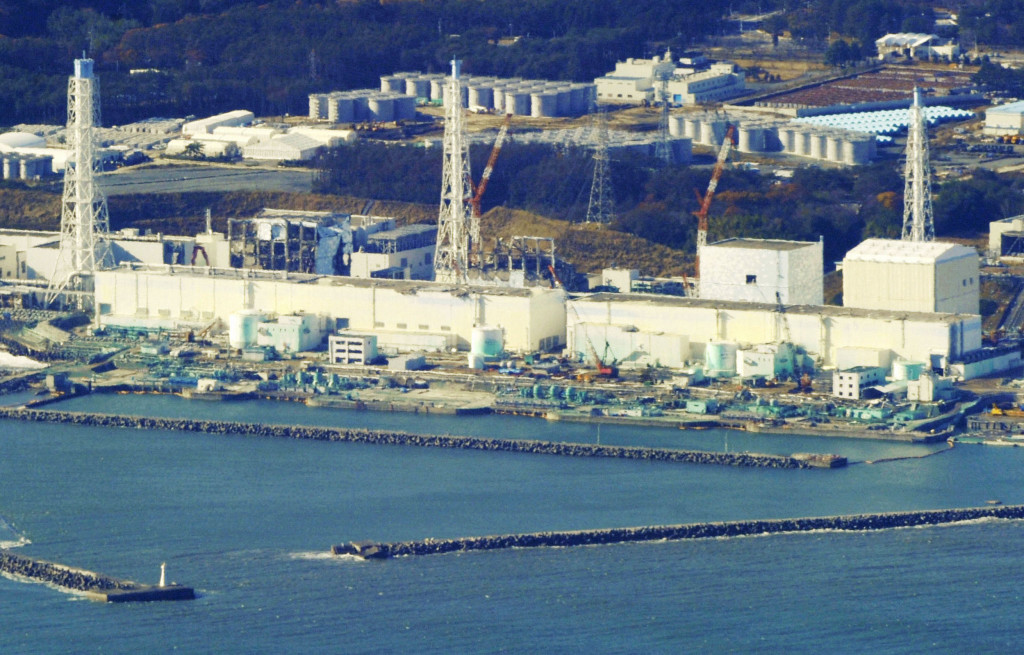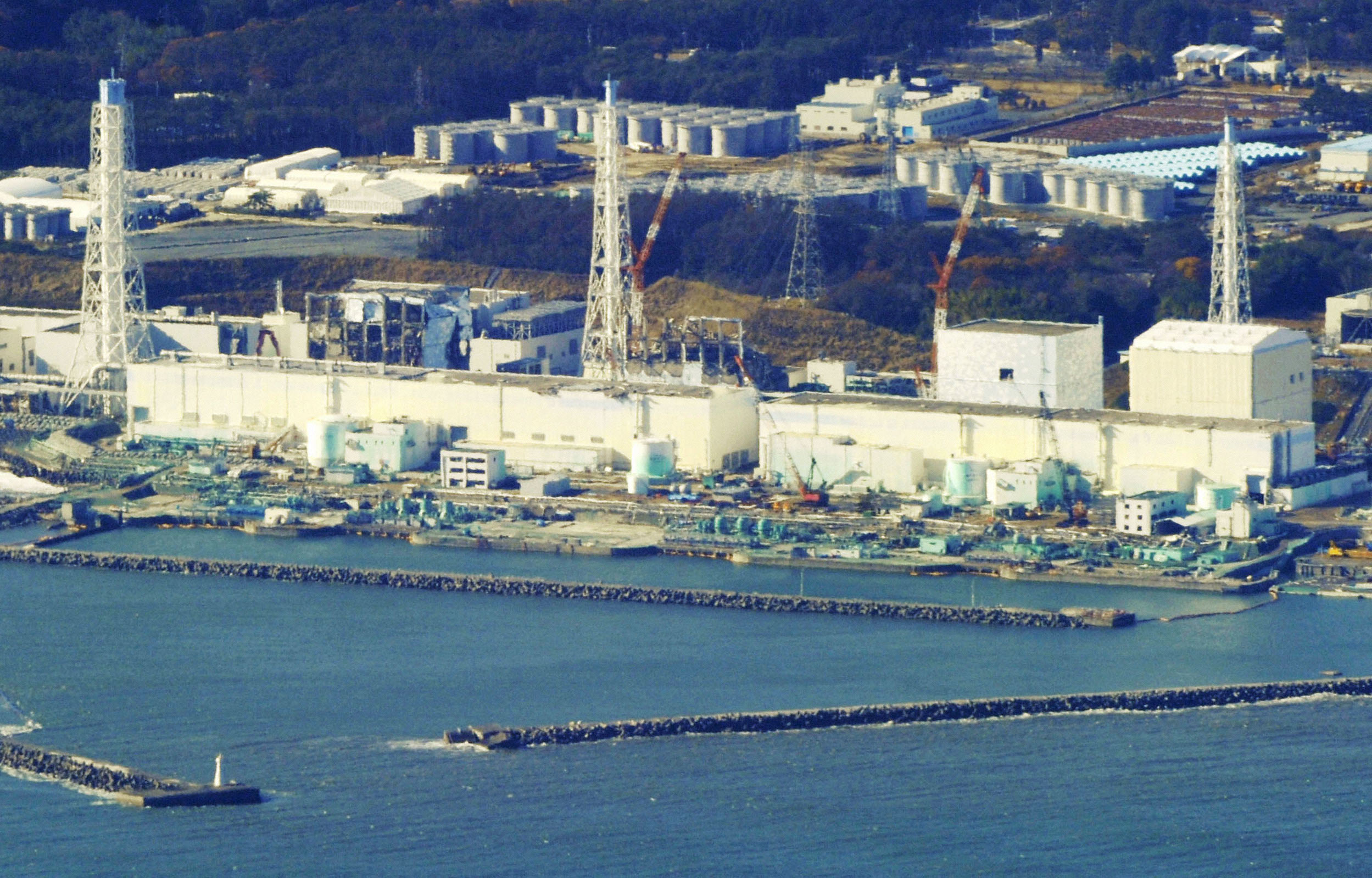“The Workers We Spoke to Thought They Were Going to Die”

February 28, 2012
Share
Dan Edge, the writer, producer and director of tonight’s film Inside Japan’s Nuclear Meltdown, spoke at length with NPR Fresh Air’s Dave Davies today about last March’s unprecedented disaster at the Fukushima Daiichi power plant. Davies describes the film as “a gripping account of a series of potentially catastrophic developments in how the government, plant workers and citizens responded.”
Edge describes in detail the days after the earthquake and tsunami — from rumors about evacuating Tokyo to a dangerous mission to vent one of the reactors — and offers insight into what the workers were thinking during those uncertain hours.
One particularly tense moment was the explosion of reactor 1, just a few days into the crisis. “Of all the workers we’ve spoken to, this was the worst moment for just about all of them,” says Edge. “They didn’t know what happened.” While the world watched the footage, pictured above, the workers felt it while they were locked down in an earthquake-proof building nearby.
When plant manager Masao Yoshida verbalized their worst fears — “Did reactor 1 just explode?” — the workers feared the lethal levels of radiation that would be released into the air. “The workers that we spoke to thought they were going to die. They really did think they were finished.” Luckily — but perhaps only in this context — the explosion was due to hydrogen in the roof of the of the reactor’s protective covering, not the core itself.
Edge also discusses his experience reporting from the 12-mile exclusion zone around the reactor — he’s been there about seven times, more than most reporters covering the topic — and the lingering questions Japan and the Tokyo Electric Power Company, or TEPCO, are facing about how to decontaminate the region and regain the trust of the public.
Listen to the full audio of the Fresh Air segment below, and check your local listings for tonight’s broadcast, which will also be available to watch online.
Related Documentaries
Latest Documentaries
Related Stories
Related Stories
Explore
Policies
Teacher Center
Funding for FRONTLINE is provided through the support of PBS viewers and by the Corporation for Public Broadcasting, with major support from Ford Foundation. Additional funding is provided the Abrams Foundation, Park Foundation, John D. and Catherine T. MacArthur Foundation, Heising-Simons Foundation, and the FRONTLINE Trust, with major support from Jon and Jo Ann Hagler on behalf of the Jon L. Hagler Foundation, and additional support from Koo and Patricia Yuen. FRONTLINE is a registered trademark of WGBH Educational Foundation. Web Site Copyright ©1995-2025 WGBH Educational Foundation. PBS is a 501(c)(3) not-for-profit organization.





















